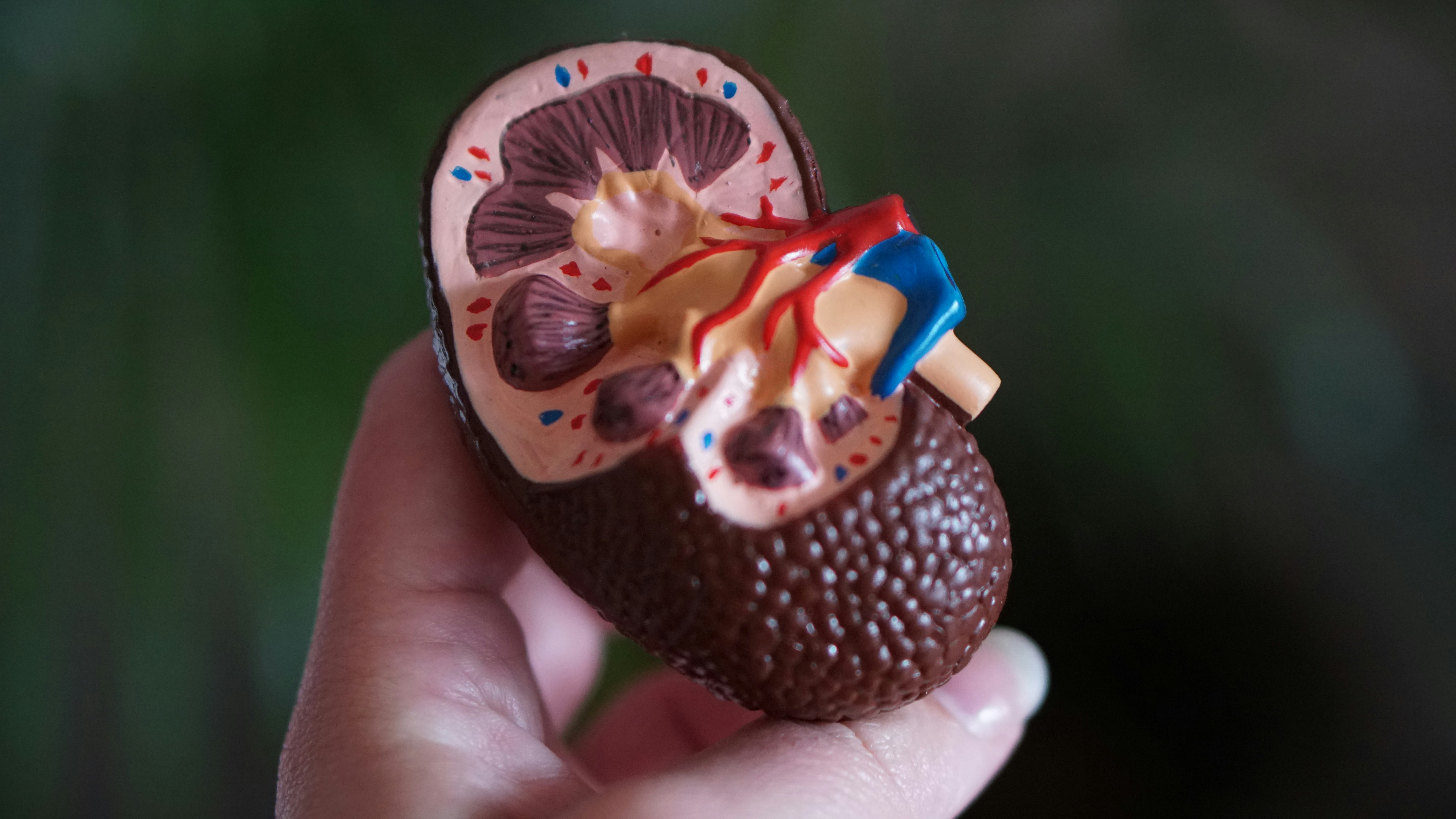Media release
From:
Understanding why people sell their kidneys
Poverty is the main reason people sell a kidney but there are other factors, and regional variation
A systematic review of 35 years of global medical literature finds a spectrum of reasons why people sell kidneys. The study, by Bijaya Shrestha of the Center for Research on Education, Health and Social Science, Kathmandu, Nepal, finds limited efforts toward mitigating the problem as well as a lack of evidence around the impact of policy and biotechnology. It is published in the open access journal PLOS Global Public Health.
Demand for kidney donation is higher than supply, and it has become one of the most saleable human organs, with kidney selling a global phenomenon. Illegal organ donation often takes advantage of vulnerable people and carries medical, social, psychological, and legal risks. Bijaya Shrestha and colleagues wanted to explore the reasons why people sell their kidneys and conducted a systematic review of relevant medical literature from around the world.
Poverty is the main reason cited, but lack of information, debt, using the payment to buy items such as motorbikes, phones, extra land, desire for financial freedom and altruism are also reported. At a societal level, studies highlight the influence of family and social norms. Fulfilling family demands can be rooted in social conformism, and studies report that men sometimes resort to selling their organs to acquire money for dowry, while women sell their organs due to the physical labour expected of men in their families.
There was regional variation too. Poverty was the primary reason among individuals from the Indian Subcontinent. In Bangladesh, Nepal, India and the Philippines, brokers play a significant role in connecting potential sellers and buyers. A few studies in India and the Philippines reported how cities with advanced medical facilities actually facilitated kidney trade by serving as a meeting point for donors and recipients.
The authors also highlight the shortcomings of policies in addressing the challenges of kidney selling and cross-border organ trafficking.
The authors add: "Though the economy looks like the major reason for kidney selling, there are multiple reasons for kidney selling. This paper explores different facets of kidney selling."



 Australia; International; VIC
Australia; International; VIC



